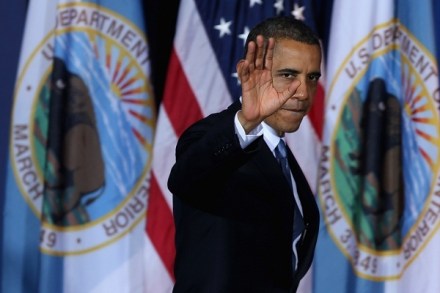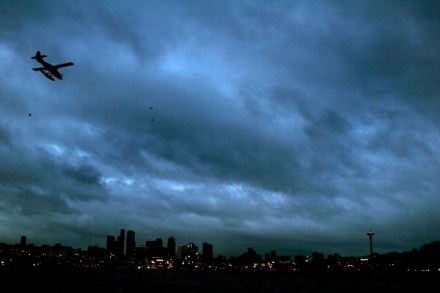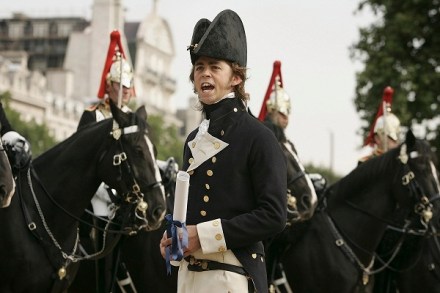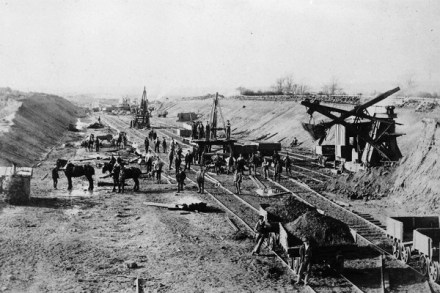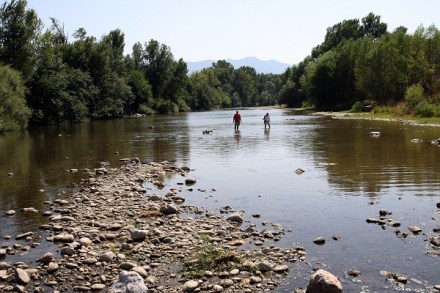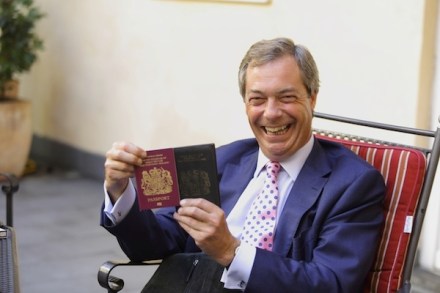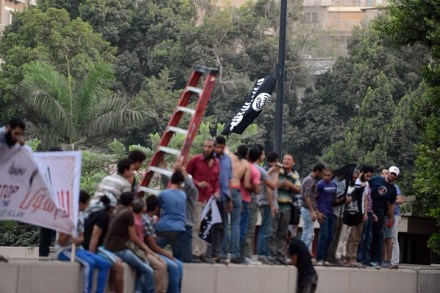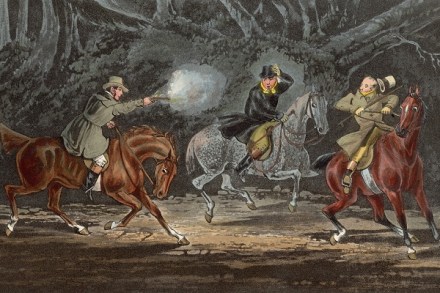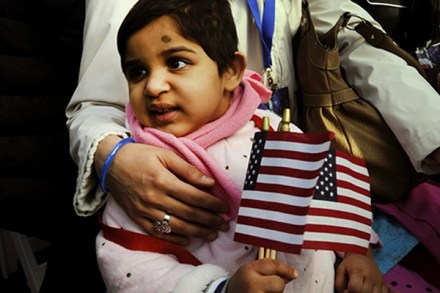The Connecticut shooting
The news coming out of Connecticut is just awful. 18 children have been gunned down at their school and, reports suggest, that another nine people—including the gunman—are also dead. The gunman’s mother apparently worked at the school, and is believed to be among those he murdered. If this death toll is accurate, it will be the second worst shooting in US history, behind the Virginia Tech incident in 2007. Early reports indicate that the weapon was legally purchased and licensed. It can seem tawdry to talk about politics at a time like this. But there’s no doubt that the gun control debate will now return to Washington. The White House


